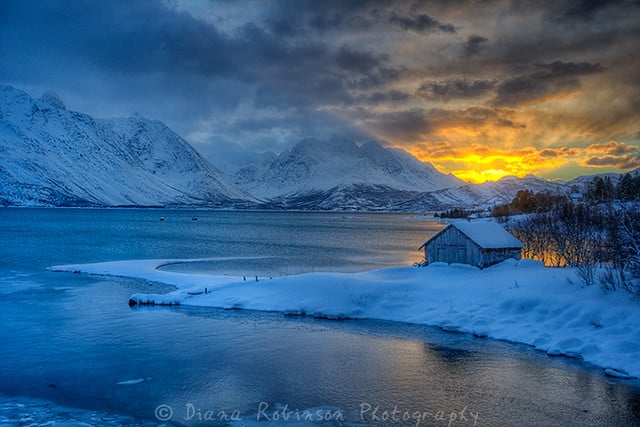Fasting during the month of Ramadan is an important pillar of Islam, and Muslims around the world observe this obligation. However, in countries or regions where the sun does not set, such as the Canadian Yukon, Nunavut, and Northwest Territories; Iceland, Finland, Norway, Sweden, Denmark (Greenland), Russia; and the state of Alaska in the United States, Muslims face unique challenges in determining the timing of fasting and performing Salah.
Muslim scholars have unanimously agreed on a solution for Muslims living in areas where the sun does not set. They recommend that Muslims in such regions should follow the timing of the nearest neighboring country where the sun sets and rises. For example, if the dawn time in the nearest neighboring country is at 02:00 AM and the sunset is at 10:00 PM, Muslims in the region where the sun does not set would need to fast for approximately 20 hours a day.
It is important to note that before following this principle, it is recommended to consult with a Sharia expert or an Aalim (Islamic scholar) living in the region where the sun does not set. This is because local Aalims would have a better understanding of the specific circumstances and challenges faced by Muslims in that region, and any Ijtihad that has been collectively agreed upon by the local community.
Fasting for such long hours can be physically challenging, and it requires strong determination and dedication. Muslims in these regions may need to adjust their daily routine, eating habits, and sleep patterns to align with the timings of the nearest neighboring country where the sun sets and rises. It is important to remember that the intention and sincerity behind the fast are of utmost importance, and Muslims in these regions are encouraged to strive to fulfill their religious obligations to the best of their abilities.


